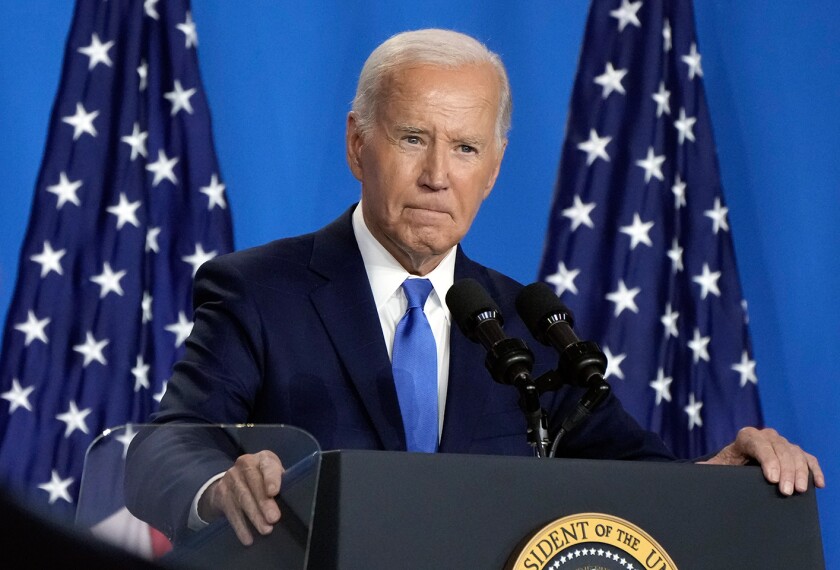On Thursday, I’ll be publishing the 2024 RHSU Edu-Scholar Public Influence Rankings, honoring the 200 education scholars who had the biggest influence on the nation’s education discourse last year. Today, I want to take a few moments to explain the purpose of those rankings. (I’ll reveal the scoring rubric tomorrow.)
The exercise starts from two simple premises: 1) Ideas matter, and 2) People devote more time and energy to those activities that are valued. The academy today does a passable job of acknowledging good disciplinary scholarship but a pretty poor job of recognizing scholars who move ideas from the pages of barely read journals into the real world of policy and practice. This may not matter much when it comes to the study of material science or Renaissance poetry, but it does if we hope to see responsible researchers contribute to the public discussion of education. Of course, it’s vital that those same scholars engage constructively and acknowledge the limits of their own expertise.
After all, I’m no wild-eyed enthusiast when it comes to research or academe. I don’t think policy or practice should be driven by the whims of researchers. I think that researchers always bring their own biases, that decisions around education policy and practice are value-laden, and that decisions should therefore be driven by much more than the latest study. That said, I do believe that thoughtful scholars have much to offer. They can ask hard questions, challenge lazy conventions, scrutinize the real-world impact of yesterday’s reforms, and examine how things might be done better.
Let’s change gears. In baseball, there’s an ideal of the “five tool” ballplayer. This is a player who can run, field, throw, hit, and hit with power. A terrific ballplayer might excel at just a few of these, but there’s a special appreciation for the rare player who can do it all.
Scholars whose work is relevant to the world of policy and practice require a similar range of skills to excel. Yet university promotion, pay, and prestige tend to reward a very narrow range of activity and accomplishment. I’ve long thought that if we did more to recognize and encourage five-tool scholars, more academics might choose to spend more time performing those other roles.
As I see it, the extraordinary public scholar excels in five areas: disciplinary research, scholarly analysis, popular writing on policy and practice, convening and shepherding collaborations, and speaking in the public square. The scholars who are skilled in most or all these areas can cross boundaries, foster crucial collaborations, spark fresh thinking, and bring research into the world of policy and practice in smart and useful ways.
Today, academe offers many professional rewards for scholars who stay in their comfort zone and pursue narrow, hypersophisticated research but few for five-tool scholars. One result is that the public square is filled with impassioned advocates (including academics with little in the way of scholarly accomplishment), while we hear far less than I’d like from those who may be best equipped to recognize complexities, offer context, and explain hard truths. One small way to encourage academics to step into the fray is, I think, by doing more to recognize and value those scholars who do so.
Reaction to the Edu-Scholar Rankings has left me convinced that the status quo is not immutable. Over the past decade, I’ve heard from dozens of deans and provosts who’ve used these rankings to help identify candidates for new openings or to inform decisions about promotion and pay. I’ve heard from hundreds of scholars who’ve used these results to start discussions with department chairs about institutional support or to illustrate their impact when applying for positions, grants, fellowships, or tenure. And a who’s who of prominent institutions have bragged about the performance of their faculty in the rankings, spotlighting activity that too rarely gets such notice.
The Edu-Scholar Rankings reflect, in roughly equal parts, the influence of a scholar’s academic scholarship and their influence on public debate. The various metrics are intended not primarily as tallies of citations or sound bites but as a “wisdom of crowds” attempt to gauge a scholar’s public footprint in the past year.
Now, no one should overstate the precision of this exercise. It’s a conversation-starter. It’s best to think of it as analogous to similar rankings of ballplayers, movie stars, and mutual-fund managers. It’s a data-informed effort to spur discussion about how scholars add value and which ones are doing so most effectively.
Moreover, I should add, a scholar’s influence is not necessarily a measure of whether their work is socially beneficial. These rankings speak to scholarly influence; they aren’t designed to make judgments about the quality of a scholar’s work, the social utility of their agenda, or whether they’re engaging in constructive ways. Rather, the rankings offer a window into which scholars exercise outsized influence and the ways in which they do so. The merits of their efforts, in turn, are fodder for important conversations regarding how that influence is wielded.
In a related vein, it’s worth making one final point: Readers will note that the rankings do not address things like teaching, mentoring, and community service. These scores are about public influence; they aren’t intended to be a summation of a scholar’s contribution to the world. Such is life.






